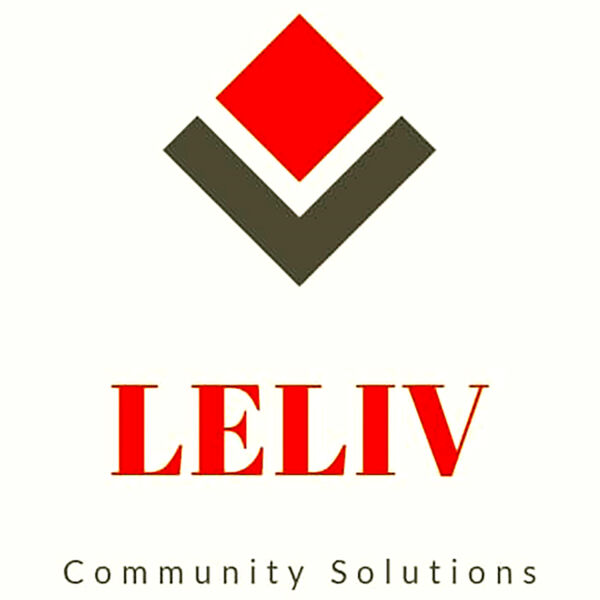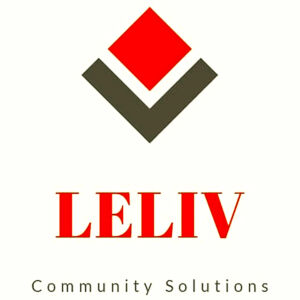Cultivating Sustainable Organic Agriculture: Empowering Resilient Communities through Organic Liquid Fertilizers and Fungicide Production in Bui Division, North West Region of Cameroon
The Living Earth and Livelihood is a common initiative group formed under the law Nr. 92/006 of 14 August 1992 relating to cooperative societies and common initiative groups in Cameroon.

Overview of the project

Promoting sustainable organic agriculture is crucial for the long-term well-being of both the environment and human health. In Bui Division, the focus is on building resilient communities that are equipped with the knowledge and tools to produce and utilize organic liquid fertilizers and pesticides. This innovative approach aims to foster a sustainable agricultural system that minimizes the use of harmful chemicals and maximizes the benefits of organic farming practices.
By promoting sustainable organic agriculture and building resilient communities in the production and use of organic liquid fertilizers and pesticides, Bui Division is taking a significant step towards a greener and healthier future. With a focus on education, collaboration, and innovation, this initiative aims to create a sustainable agricultural system that preserves the environment, supports local economies, and ensures the well-being of both present and future generations. Together, we can cultivate a better world through organic farming practices.
The purpose of this project is to empower resilient communities in Bui Division by cultivating sustainable organic agriculture through the use of organic liquid fertilizers and fungicides with the use of tithonia diversifolia and animal dung.
Ongoing research
15 March 2023 - December 2028
About 1500 farmers in Bui Division and 300 farmers in Mezam Sub-Division of the North West Region have received training from Living Earth and Livelihood Common Initiative Group on the production of organic liquid fertilizer and fungicides. The training focused on utilizing tithonia diversifolia and animal dung to create these organic products.
The shift from chemicalized farming practices to organic agriculture has been facilitated by the already trained farmers, who have been able to reach out to others in their communities. This has resulted in a wider adoption of organic farming methods, leading to a more sustainable and environmentally-friendly approach to agriculture in the region.
Most trained farmers in our community(s), embraced organic agricultural practices. So far with this, we are achieving;
Nutrient-rich composition: Tithonia diversifolia is a powerhouse of essential nutrients, including nitrogen, phosphorus, potassium, and various micronutrients. Animal manure adds organic matter and additional nutrients, enhancing the overall nutritive value of the fertilizer.
Improved soil structure: Organic liquid fertilizers promote soil fertility by improving soil structure and moisture retention, reducing erosion, and enhancing microbial activity. This, in turn, leads to healthier root systems and better nutrient absorption by plants.
Cost effective and environmental friendly agricultural practices which in turn is favourable to humanity as well as our environment
Self Sponsor with no external funding yet !
organisation
The Living Earth and Livelihood is a common initiative group formed under the law Nr. 92/006 of 14 August 1992 relating to cooperative societies and common initiative groups in Cameroon. Headquartered in Banten, Nkum sub division with operations covering the entire North West Region of Cameroon.
LELIV aims at empowering vulnerable indigenous groups through capacity building training sessions on community health and well-being and organic farming methods on focused crops and medicinal plants. It also assists the farmer groupings to scale their activities and provide access to extended markets especially in urban
areas.
LELIV operates on the philosophy of healthy living through quality organic foods as the primary defense against illnesses. LELIV envisages in the next five years to build up


